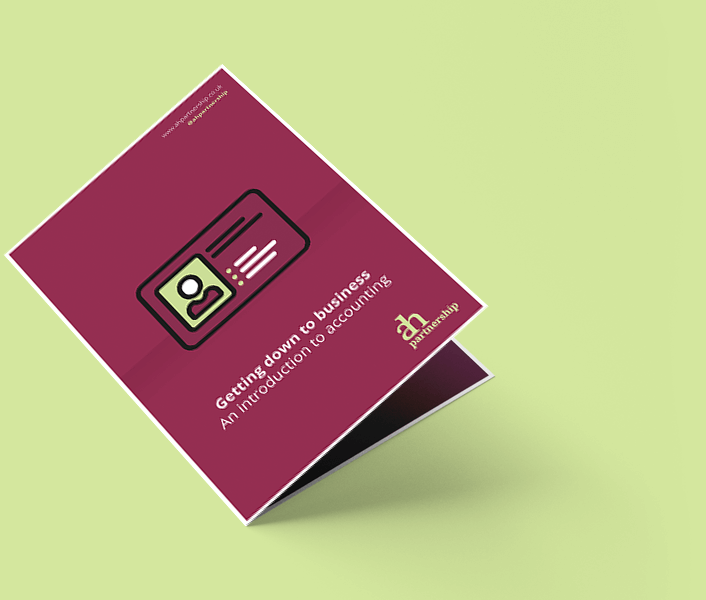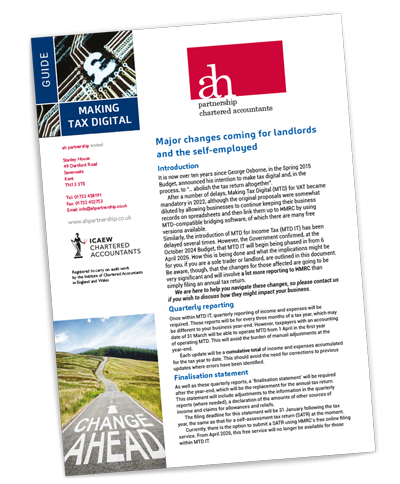‘The Independent’
Self-employed/Freelance
“I’m in control of where I'm going and I like it that way.”
This is the simplest way of running a business. No formal accounts are required for each trading year, and the taxation is relatively simple if you get the correct advice – you pay tax based on the profits that you make in the tax year. You will, however, be personally responsible for all trading debts and obligations.
The only fling requirement is a personal tax return that includes self-employment pages. These are the pages that reflects the income and expenses of the trade
Make sure you're tax-ready:
Try to put away monies while you earn it for the eventual tax bill – Put the monies in a separate interest-bearing bank account. It is much easier to put small regular sums away towards a future tax bill than trying to come up with the funds at the last minute.
Be prepared – there is a chance that your first personal tax payment maybe 150% of your usual annual tax liability. If your liability is over £1,000 there is a good chance that a payment on account will be required towards the following year’s liability. If this happens, payments of tax may be due in January and July.
Keep track of your turnover – if you go above the VAT threshold on a rolling 12-month basis, you have only one month to register in order to avoid a penalty for late registration.
How are you going to keep your records and issue invoices? Do you want a system that cost you more but makes your life easier?
First day at school –
An introduction to accounting
Key things you need to get used to before you go live into the world or business.

